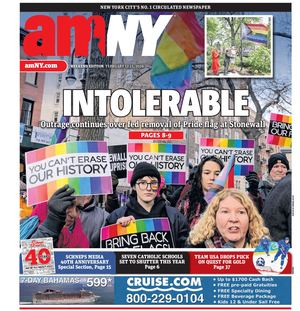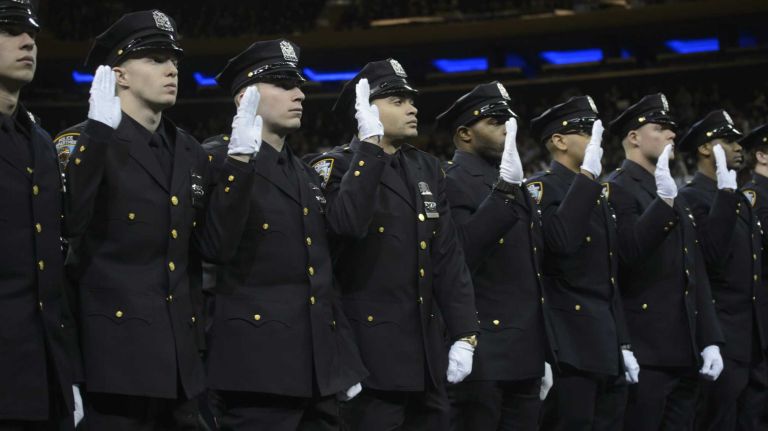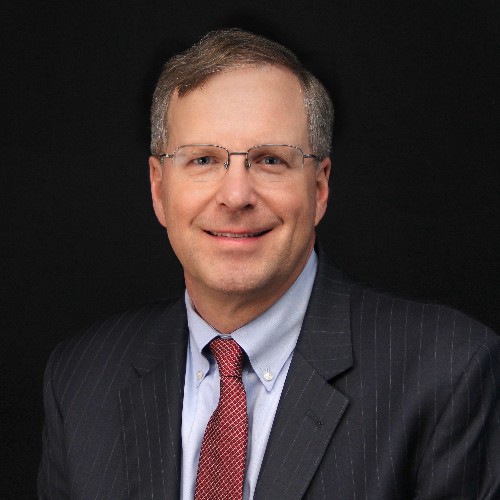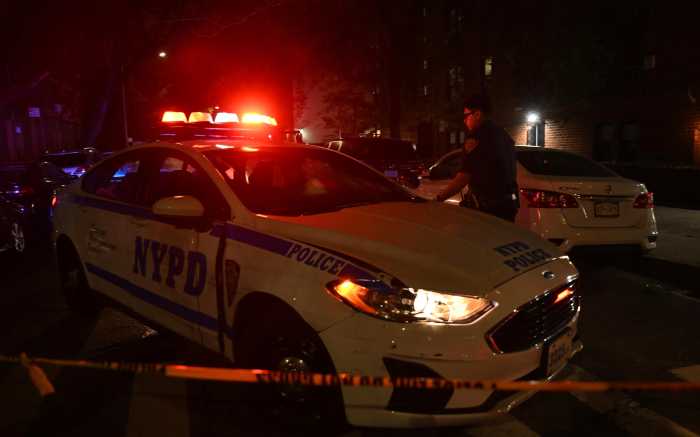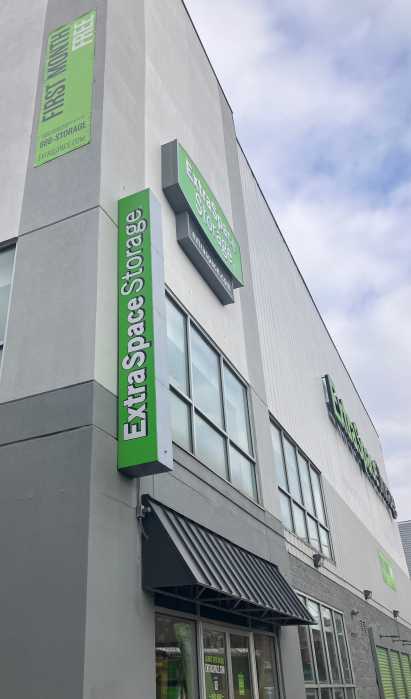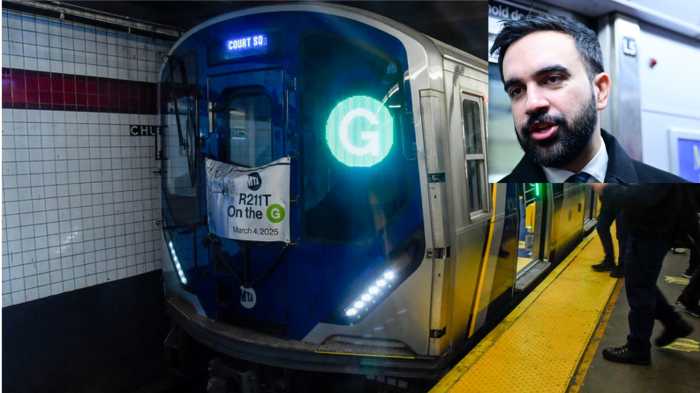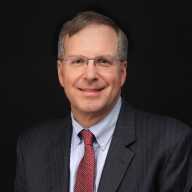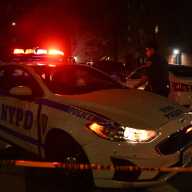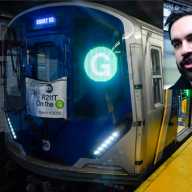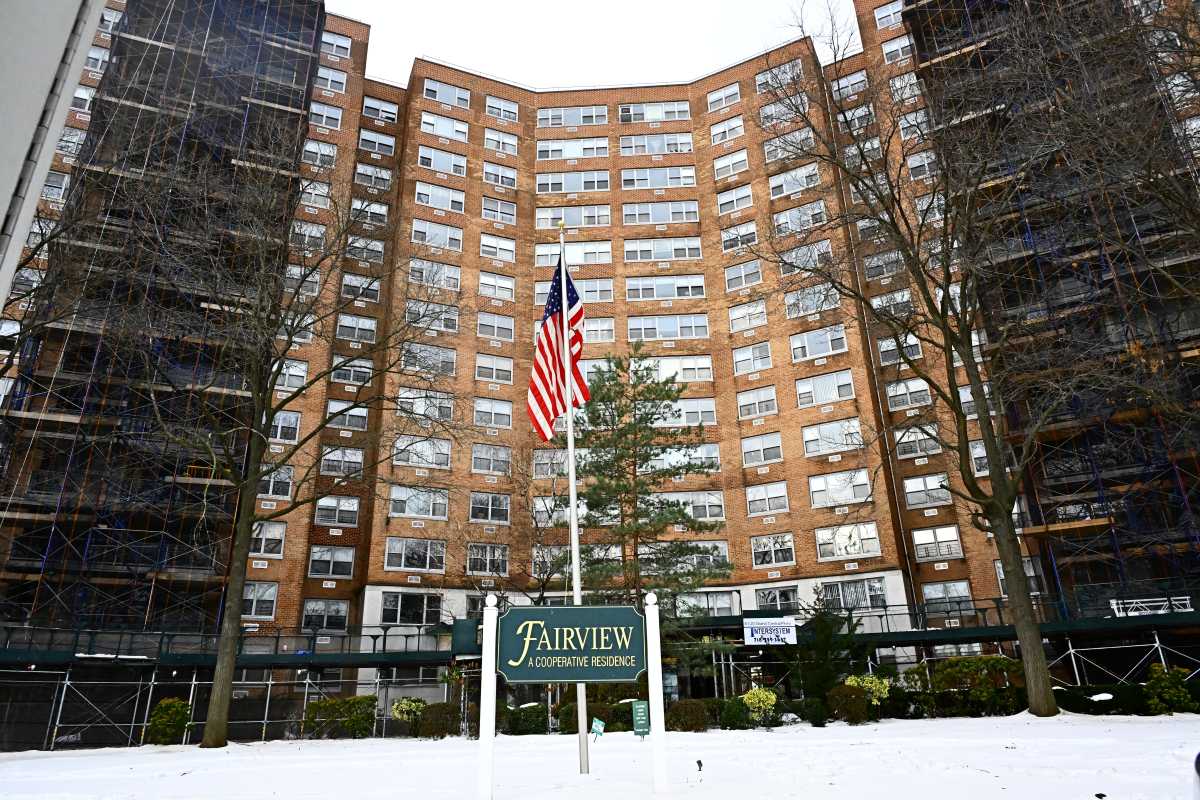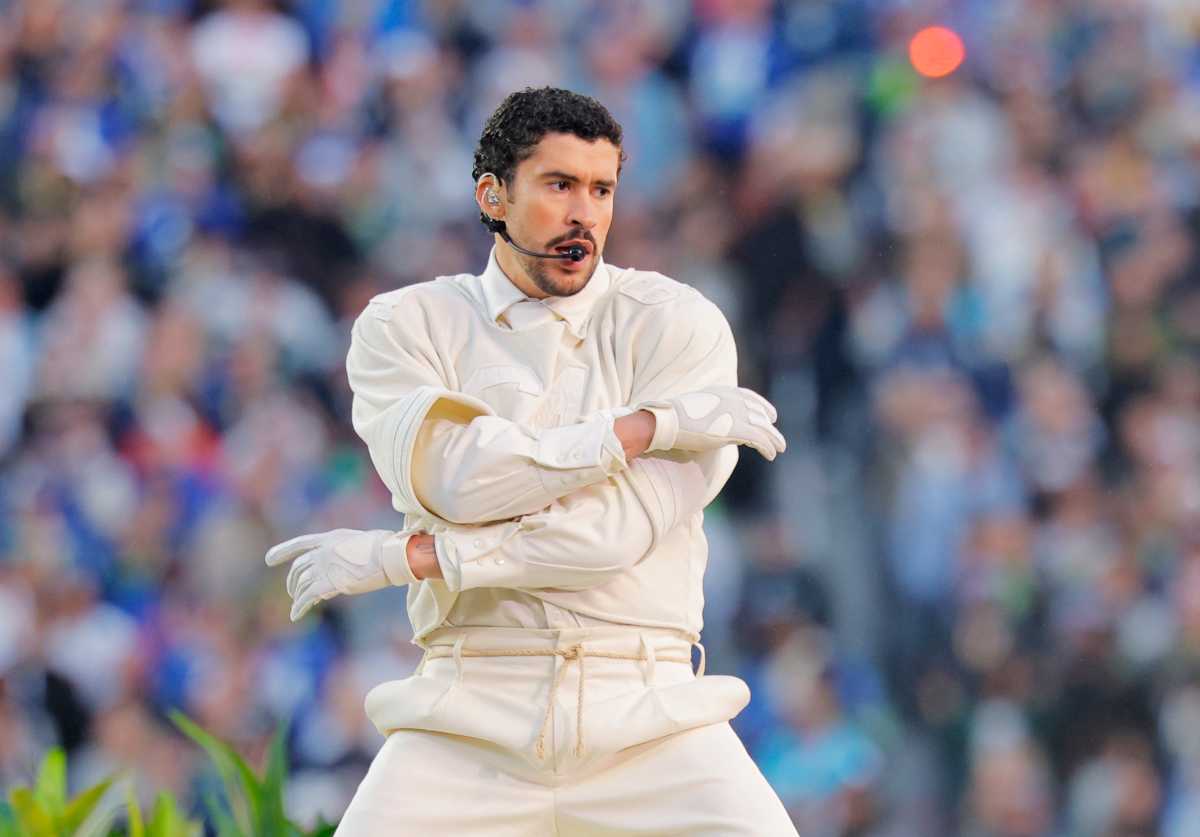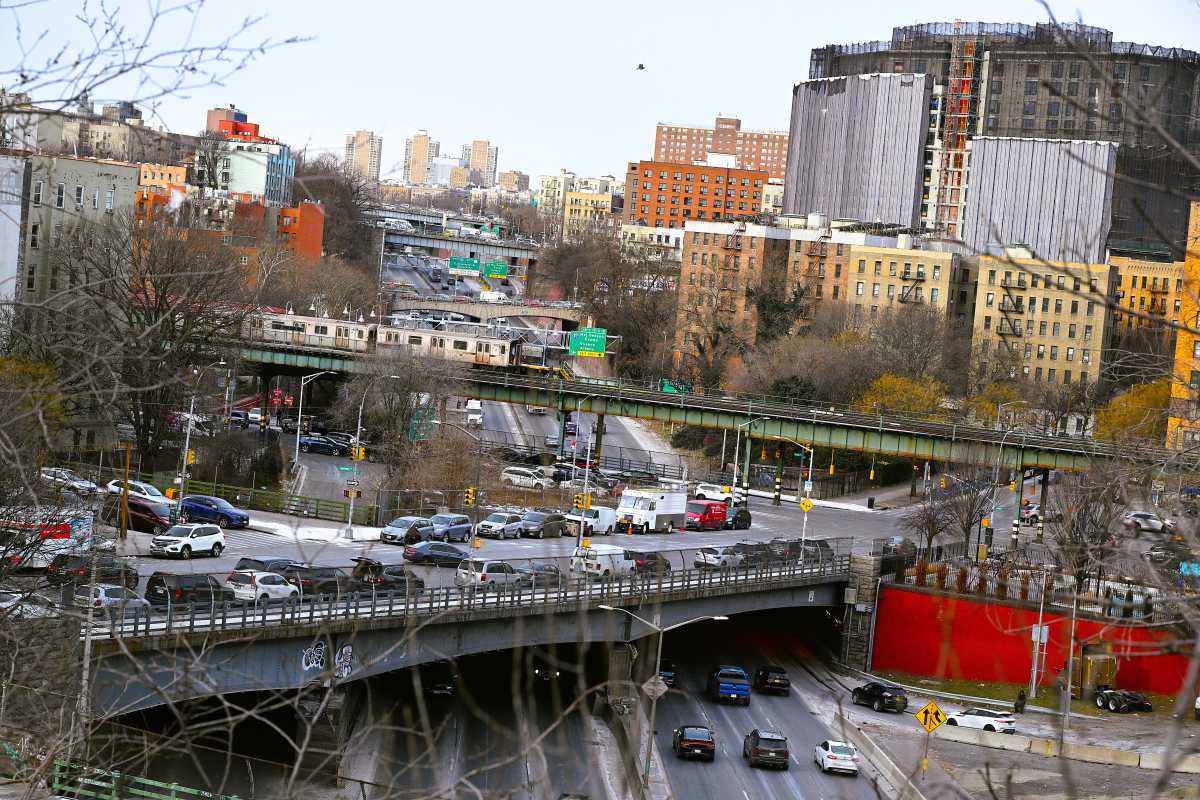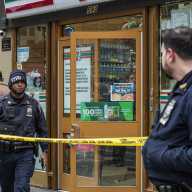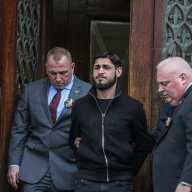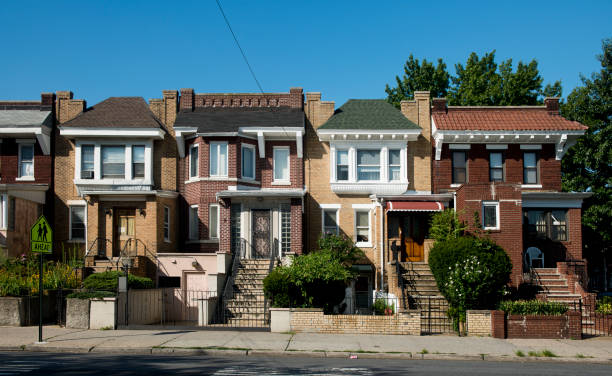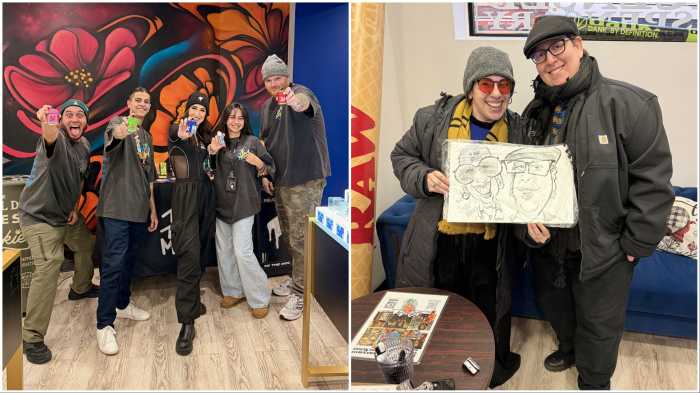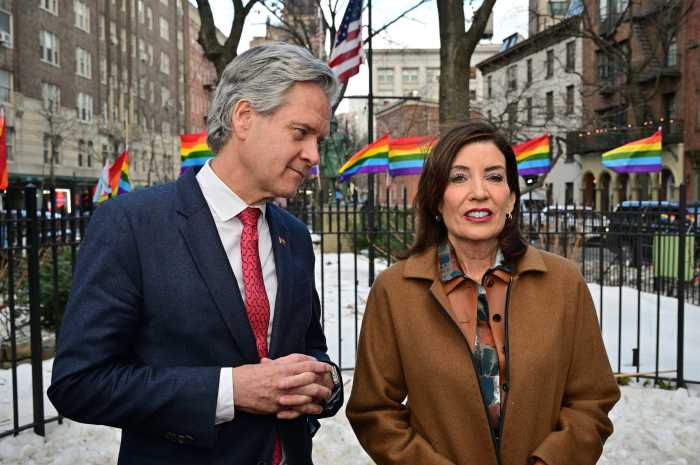
The number of applicants for the city’s police exam fell 17.8% last year compared with 2013, a drop that experts said is connected to intense criticism of officers after several fatal confrontations with unarmed black men in New York and nationwide.
And while several factors influence the decline in interest, experts said it has more to do with the current political climate than fear of the job’s dangers.
A total of 12,286 people signed up for the test in 2014, down from 14,953 in 2013, according to the Department of Citywide Administrative Services. (The test was not offered for two weeks in November of last year.) And the number has been dropping since the city started keeping computerized records in 1996.
Last year there was a 46.8% decline, compared to 1996 when 23,090 people took the exam. In 2006, only 14,980 people took the test, a 35.1% drop in a decade, city statistics showed. The number of applicants has continued to ebb and flow throughout the past several years, dipping down to a low of 10,587 in 2011.
John Jay College of Criminal Justice student Min Kim transferred from Penn State University with the dream of becoming a police officer. Now, the 22-year-old New Jersey native is reconsidering.
“It’s definitely a sensitive time to be an officer and that’s something that I’m keeping in mind,” Kim said. “I’m still considering my options and thinking about joining the military instead.”
The NYPD’s test is offered every day, except for certain holidays and days when other agency’s tests are focused on. Since the exam is not offered the same amount of times each year, the number of applicants can be affected.
The decline in interest in joining the NYPD can be, at least partially, traced to how police have been portrayed after the apparent chokehold and death of Eric Garner on Staten Island and the fatal shooting of an unarmed black 18-year-old, Michael Brown, in Ferguson, Missouri, by a white officer, said Eugene O’Donnell, a former NYPD officer and prosecutor who lectures at John Jay College of Criminal Justice.
In another example, a 28-year-old black man, Akai Gurley, was shot to death by a rookie officer in the stairwell of a Brooklyn housing project in November 2014.
And recently, a South Carolina officer was charged with fatally shooting an apparently unarmed man in the back as he ran. The shooting was caught on video.
Even if these represent a small percentage of the total interactions between police and the public, they have made an impact.
“You’ve had a nonstop barrage of criticism, a lot of it unfairly directed at the NYPD,” O’Donnell said. “I have every reason to believe the most idealistic young people will pass on going into that job. You’d have to be from Mars to not recognize that there has been a bashing of the police.”
O’Donnell said it takes about 15 NYPD candidates to find one qualified applicant.
City Councilmember Vanessa Gibson, a Democrat representing the Bronx, and chair of the Committee on Public Safety, said to attract more potential officers the department needs to address its image of over-policing in poor communities and communities of color.
The NYPD, the Patrolman’s Benevolent Association, and the mayor’s office did not respond to several requests for comment.
Joseph Giacalone, a retired NYPD detective who also lectures at John Jay, said the number of NYPD applicants was “miserable.” He cited recent anti-police rhetoric, and the starting salary, as possible factors.
“I have students asking me now, ‘Hey should I even do this?'” Giacalone said.
“We have a better educated person out there now,” Giacalone added. “We force them to go to college to become cops — they’re looking at other avenues. My line with all of them is: this too shall pass.”
In Suffolk County, there was a decline in applicants for the exam as well, but not nearly as dramatic as in NYC. More than 20,200 people signed up for the Suffolk County Police Department exam this year, said Stanley Pelc, the director of examinations for the Suffolk County Department of Civil Service. However, that is about 10,000 fewer — a 34.8% drop — than the number of applicants the last time the test was offered in 2011. The starting base salary is about $42,000 for both the NYPD and Suffolk County.
In Nassau County, 20,325 people signed up for the police test the last time it was offered in 2012, according to the Nassau County Civil Service Commission. The starting salary is $34,000, according to the Nassau County Police Department’s website.
After 5.5 years, NYPD officers are paid a base salary of $76,488.
In the city, Gibson said re-examining how Broken Windows style policing, which addresses quality-of-life crimes, is enforced and electing not to prosecute teenagers who are arrested on low-level crimes are all part of showing young people that officers can be a force of good in the community.
The decision in November to issue a summons for most cases of people found with 25 grams or less of marijuana in open view, rather than arrest the person, was a positive first step, she said.
“Yes, the past and what has happened with community policing in neighborhoods of color absolutely is very related to why many don’t take the exam itself,” Gibson said. “I just think people see the challenges police officers go through every day and many New Yorkers don’t want to sign up for it. You change that by changing a lot of policies by which we operate — it’s changing the conversation, it is changing the rhetoric, it is changing the policy.”
While interest in joining the NYPD may be declining, the need for new officers remains strong as City Council Speaker Melissa Mark-Viverito calls for 1,000 more officers Tuesday for 2016.
John Jay student Eddie Lopez, 21, said he hasn’t wavered from his goal of becoming an officer, but his parents aren’t quite as sure.
“My mom was obviously worried after what’s been happening with the NYPD and my dad was all for me becoming a cop until these incidents,” said Lopez, who grew up in the Bronx. “But I’m not going to postpone anything. I still want to be an officer.”
Justin Valentin, a 21-year-old junior from Staten Island, said he’s not surprised that some may be reconsidering the profession, but he was steadfast in his choice.
“For me, it still feels like an honor to be a cop and to serve the city that has housed me all my life,” Valentin said. “I wouldn’t be surprised if there is some doubt among students who want to be officers and are debating whether it’s the safest, or even the most respected, profession right now.”
